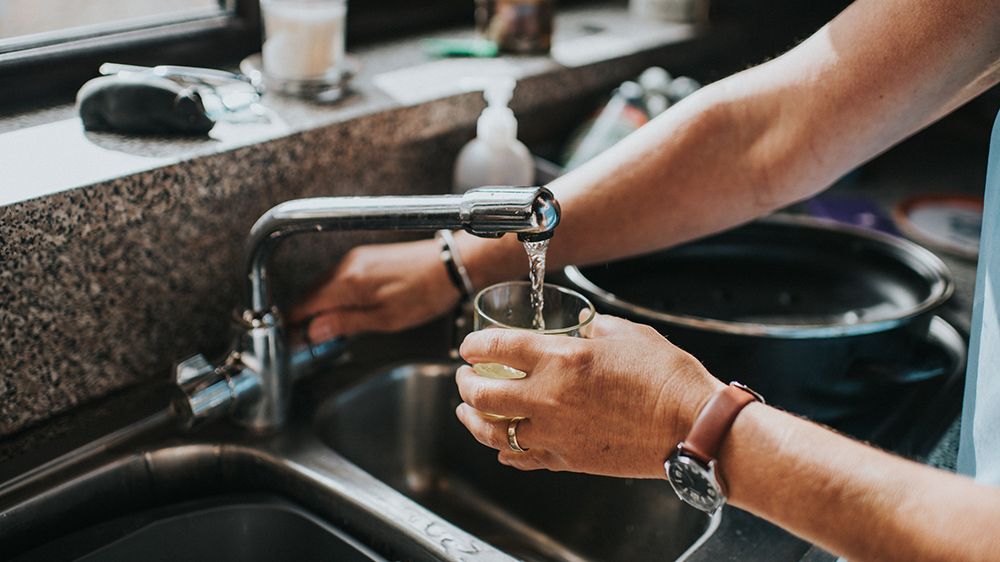New York state officials will help connect small, rural communities facing challenges with water infrastructure needs with experts to assist them under a program launched Wednesday by Gov. Kathy Hochul's administration.
The program will include assistance teams from the New York State Environmental Facilities Corp. to provide either on-site or virtual consultations with communities to start planning, funding applications or help finish projections.
The program comes as New York over the last several years has sought to shore up clean water projects statewide. Hochul's $227 billion budget proposal due at the end of March includes $500 million for clean water projects.
"Too many critical water systems have been neglected to a state of disrepair because communities don't have the staffing, resources, or expertise to undertake these vital projects, but that stops today," Hochul said. "With the $500 million allocated for clean water infrastructure in this year's executive budget, my administration will continue to remove barriers preventing communities from getting the financial assistance they need to be able to access clean water for generations to come."
The Environmental Facilities Corp. will work with the Department of Environmental Conservation and the Department of Health to deploy the assistance teams to rural communities. The effort also includes working with regional economic development councils and local groups to host information events and identify communities that have not received funding from the EFC for the last several years.
"Gov. Hochul's State of the State initiative will be instrumental in helping all New York communities, regardless of size or location, access the record amounts of funding being made available to improve and construct water infrastructure," said DEC Commissioner Basil Seggos. "Disadvantaged Communities shoulder a disproportionate burden of pollution and pairing them and our small towns and villages with State experts knowledgeable in navigating the funding process will help increase success in achieving clean water goals and build healthier, thriving neighborhoods."
